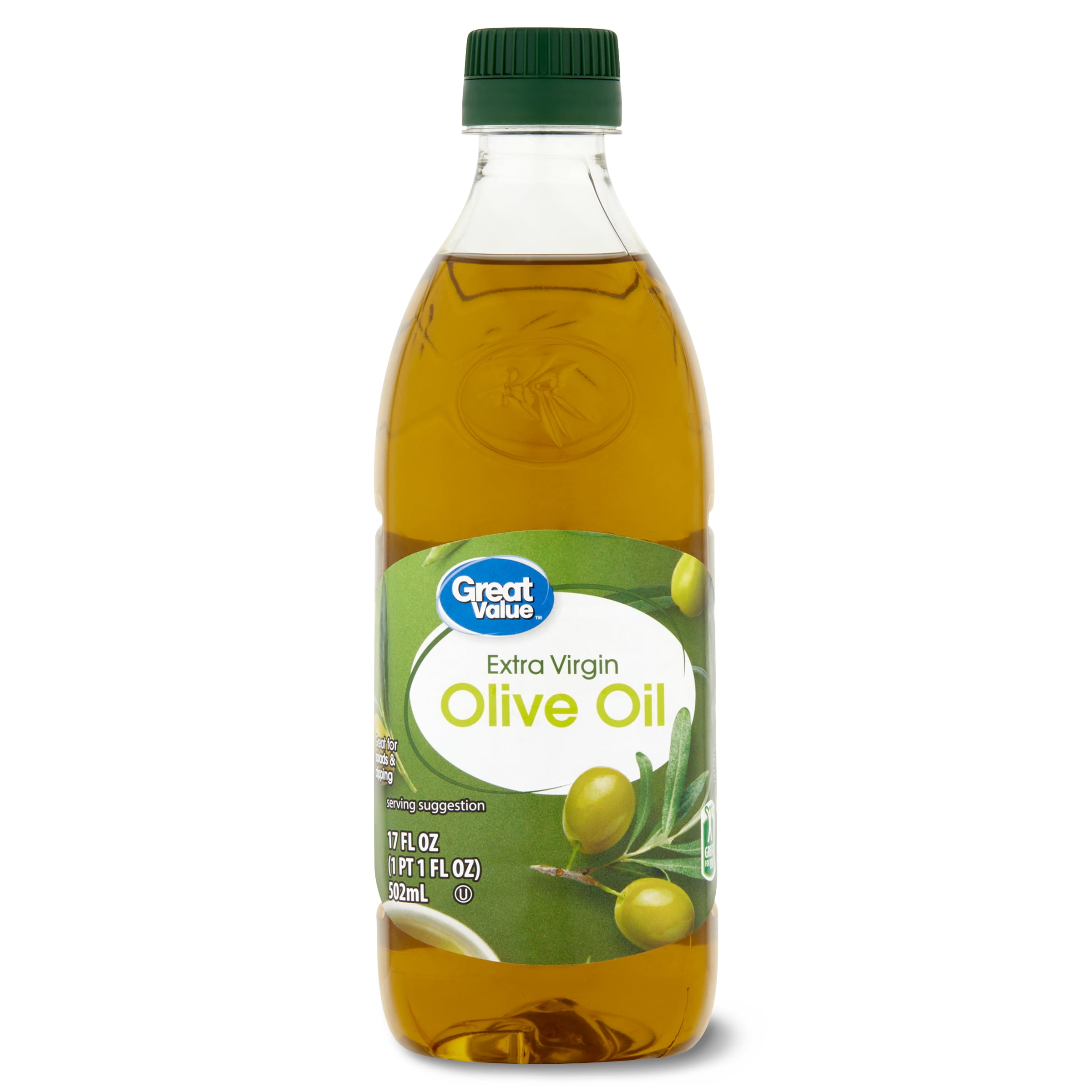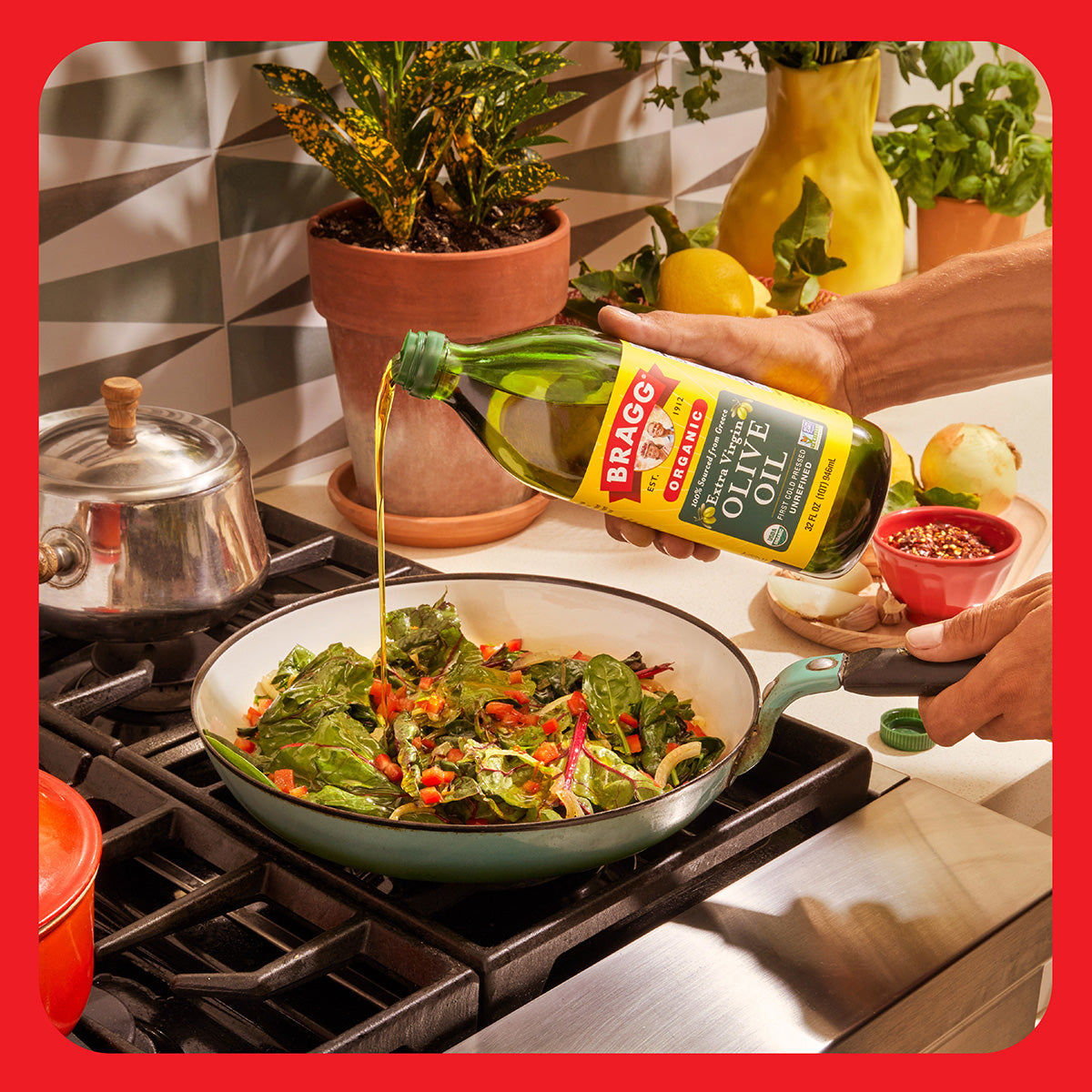The Top Extra Virgin Olive Oil Benefits That Can Transform Your Diet
The Top Extra Virgin Olive Oil Benefits That Can Transform Your Diet
Blog Article
Exploring the Various Sorts Of Olive Oil and Their Usages, Including Additional Virgin Olive Oil
The expedition of olive oil encompasses a varied range of kinds, each offering distinct tastes and culinary applications. Additional virgin olive oil, renowned for its premium high quality and health and wellness advantages, serves as a staple in several cooking areas, yet it is only one aspect of this diverse component.
What Is Olive Oil?
Originated from the fruit of the olive tree, olive oil is a staple in Mediterranean cuisine and a crucial component in different cooking applications. This functional oil is produced by pushing whole olives, leading to a fluid that varies in fragrance, color, and taste depending upon the kind of olives utilized, the area of cultivation, and the extraction procedure. Olive oil is mostly made up of monounsaturated fats, especially oleic acid, which is recognized for its possible health and wellness benefits, consisting of anti-inflammatory homes and cardio assistance.
Along with its culinary uses, olive oil has a lengthy history of application in traditional medicine and skin care, owing to its rich antioxidant material (extra virgin olive oil benefits). The oil is usually utilized in dressings, sauces, and for cooking techniques such as sautéing and roasting. Its unique flavor account can enhance the taste of different dishes, making it an essential active ingredient for both home cooks and specialist cooks
Additionally, olive oil is celebrated for its role in the Mediterranean diet regimen, which is connected with countless wellness advantages. As understanding of these advantages expands, olive oil remains to acquire popularity worldwide as an essential part of a healthy and balanced lifestyle.
Kinds Of Olive Oil
Understanding the numerous sorts of olive oil is crucial for both culinary enthusiasts and health-conscious consumers. Olive oil is classified primarily based upon its extraction method and high quality, which dramatically affects its aroma, health, and flavor advantages.

Light olive oil, regardless of its name, describes a lighter taste and not reduced calories. It is optimal for those looking for a much more refined taste in dressings and marinades. Furthermore, there are flavorful olive oils infused with natural herbs, flavors, or citrus, which can boost recipes without the requirement for additional spices.
Each kind of olive oil offers certain culinary purposes, and recognizing these differences allows consumers to make enlightened choices that straighten with their food preparation styles and health and wellness objectives.
Extra Virgin Olive Oil
Bonus virgin olive oil (EVOO) is widely considered the greatest quality olive oil readily available, celebrated for its rich taste and many wellness benefits. To be identified as additional virgin, the oil should be generated from fresh olives using mechanical processes, without making use of solvents or excessive warmth. This thorough method preserves the oil's natural flavors, anti-oxidants, and healthy fats, resulting in an item with a reduced acidity degree of much less than 0.8%.
EVOO is abundant in monounsaturated fats, particularly oleic acid, which is linked to reduced swelling and enhanced heart health. It additionally consists of polyphenols, powerful anti-oxidants that might use protective results against persistent diseases. The flavor account of EVOO can vary substantially relying on the olive variety and area of manufacturing, varying from grassy and fruity to robust and sharp.

Culinary Uses of Olive Oil

In cooking, olive oil can be made use of for sautéing, roasting, and barbecuing, providing a much healthier alternative to butter or various other fats. Its high smoke point makes it appropriate for numerous cooking approaches, while its antioxidants add to a heart-healthy diet. Sprinkling olive oil over completed meals, such as pasta, fish, or grilled veggies, can boost flavors and add a touch of style.
In addition, olive oil plays a substantial function in baking, where it can change typical fats in recipes for bread and breads, presenting wetness and a subtle preference. It also works as a base for infused oils, allowing chefs to experiment with flavors such as garlic, natural herbs, or chili, additionally broadening its cooking capacity. On the whole, olive oil's adaptability makes it important in basics both home and professional kitchen areas.
Picking High Quality Olive Oil
When picking high quality olive oil, it's important to consider a number of vital aspects that affect the product's flavor, wellness, and fragrance benefits. Opt for additional virgin olive oil (EVOO), which is acquired from the very first cool pushing of olives and includes the highest possible degrees of antioxidants and useful compounds. Seek oils that are licensed by acknowledged organizations, as this often ensures adherence to rigid high quality requirements.
The product packaging likewise plays a significant function in preserving the Related Site oil's stability. Choose oils kept in dark glass containers or tins to safeguard versus light degradation. Take note of the harvest day; fresher oils offer premium flavor and dietary worth, so pick products that are within 18 months of their harvest.
Be aware of the preference; a great quality olive oil ought to have a balance of fruity, bitter, and sharp notes, showing its splendor and complexity. By evaluating these variables, you can ensure you are selecting the finest olive oil for your cooking needs.
Final Thought
In recap, the expedition of numerous kinds of olive oil discloses distinctive attributes and applications, with added virgin olive oil representing the peak of quality due to its reduced level of acidity and high antioxidant web content. Recognizing the various ranges of olive oil allows for educated choices in food preparation techniques, promoting healthier techniques while enhancing the overall gastronomic experience.
Derived from the fruit of the olive tree, olive oil is a staple useful source in Mediterranean food and an essential active ingredient in different cooking applications.The most usual types of olive oil include fine-tuned olive oil, pure olive oil, and light olive oil.Bonus virgin olive oil (EVOO) is widely regarded as the greatest quality olive oil offered, popular for its rich flavor and numerous wellness advantages. Choose for extra virgin olive oil (EVOO), which is obtained from the first cool pressing of olives and has the highest levels of anti-oxidants and advantageous compounds.In summary, the exploration of different types of olive oil reveals distinct features and applications, with additional virgin olive oil representing the pinnacle of high quality due to its reduced level of acidity and high antioxidant material.
Report this page